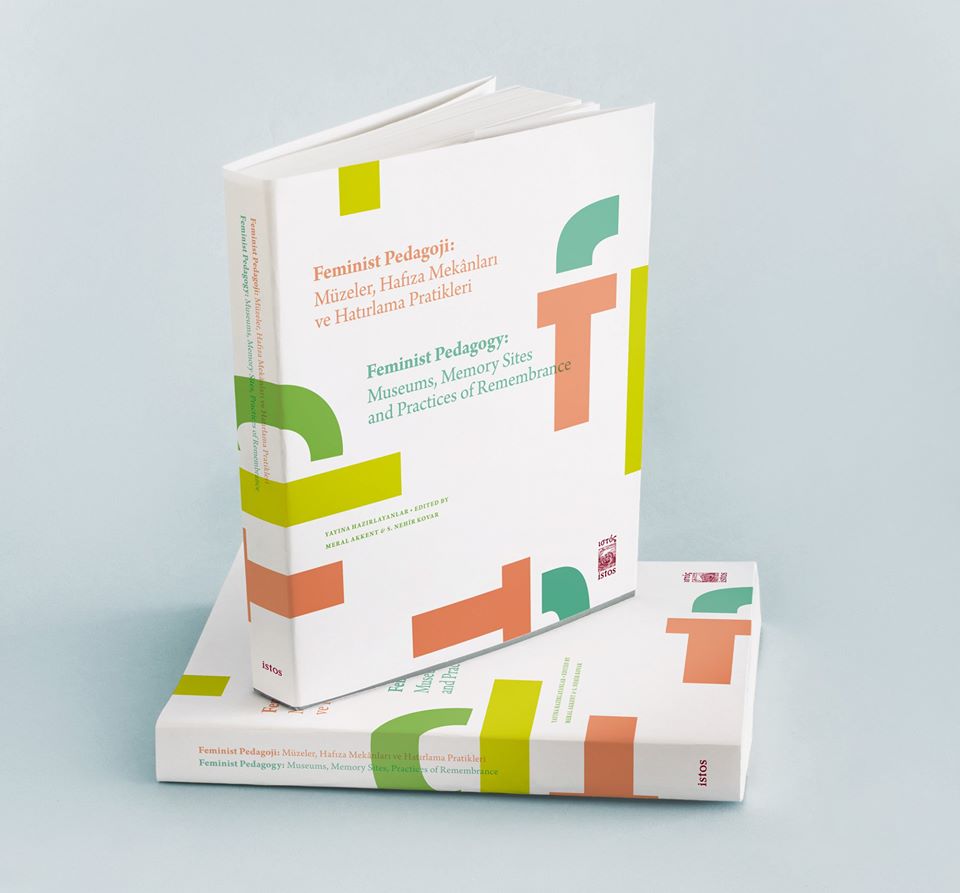
What role does feminist pedagogy play in transforming social memory? How are feminist theory and the debates in the feminist movement reflected in the field of social memory? What feminist pedagogical approaches are being developed in women’s and gender museums and sites of memory and how are they implemented? All these and similar questions are discussed in the book Feminist Pedagogy: Museums, Memory Sites, Practices of Remembrance. It includes examples of feminist pedagogical practice from ten countries, illustrating approaches of women’s museums to find answers to the question of what relationship there is between (public) “forgetting”, “remembering” and “diversity”.
Feminist pedagogy is a gender-based tool that accepts multiple identity characteristics of the individual and aims at individual and social transformation. In the book, this tool is used to discuss multiple processes of oppression and discrimination, which thus are made visible. The articles exemplify various concepts emphasizing the emotional dimension of exhibitions. The unifying element of all articles is that they treat topics such as inequality, migration, war, different forms of violence and prejudices, which deeply affect women’s lives, with a view of realizing social peace, reconciliation, empathy, communication and sustainability.
These aims and practices are exemplified by – amongst others –
- the Women’s Active Museum on War and Peace in Tokyo which addresses crimes against women in cases of war and conflict, using methods of remembering, archiving and creating networks;
- Istanbul Women’s Museum presenting the concept of its exhibition “unEXPOSED?”, which shows up ways of how to remember violent history without reproducing images of violence;
- the Empathy Museum in London tackling challenges such as prejudice, conflict and inequality with an inspiring interactive concept;
- a study examining the civic statues in three Istanbul parks from a gender perspective, demonstrating their role as subliminal influencers;
- the Iranian Women’s Movement Museum, forced to open in exile, whose history shows how the creation of memory spaces is sometimes confronted with repressive interventions;
- the Girls’ Museum which invites interested people worldwide to help commemorate places of girls in history and create sites of memory in honour of girls;
- the Glasgow Women’s Library illustrating how library and women’s museum work can interact.
Demonstrating the transformative power of feminist storytelling, the twenty-six texts of the book will inspire those who work in the field of memory practice, encourage museum visitors to look at the institutions they visit with a critical eye and offer new insights into their subject to students of museology.
FEMINIST PEDAGOGY: MUSEUMS, MEMORY SITES, PRACTICES OF REMEMBRANCE Meral Akkent, S. Nehir Kovar (Eds.), Istos Publishing House, Istanbul 2019, 304 p. English and Turkish. ISBN 978-605-4640-72-0